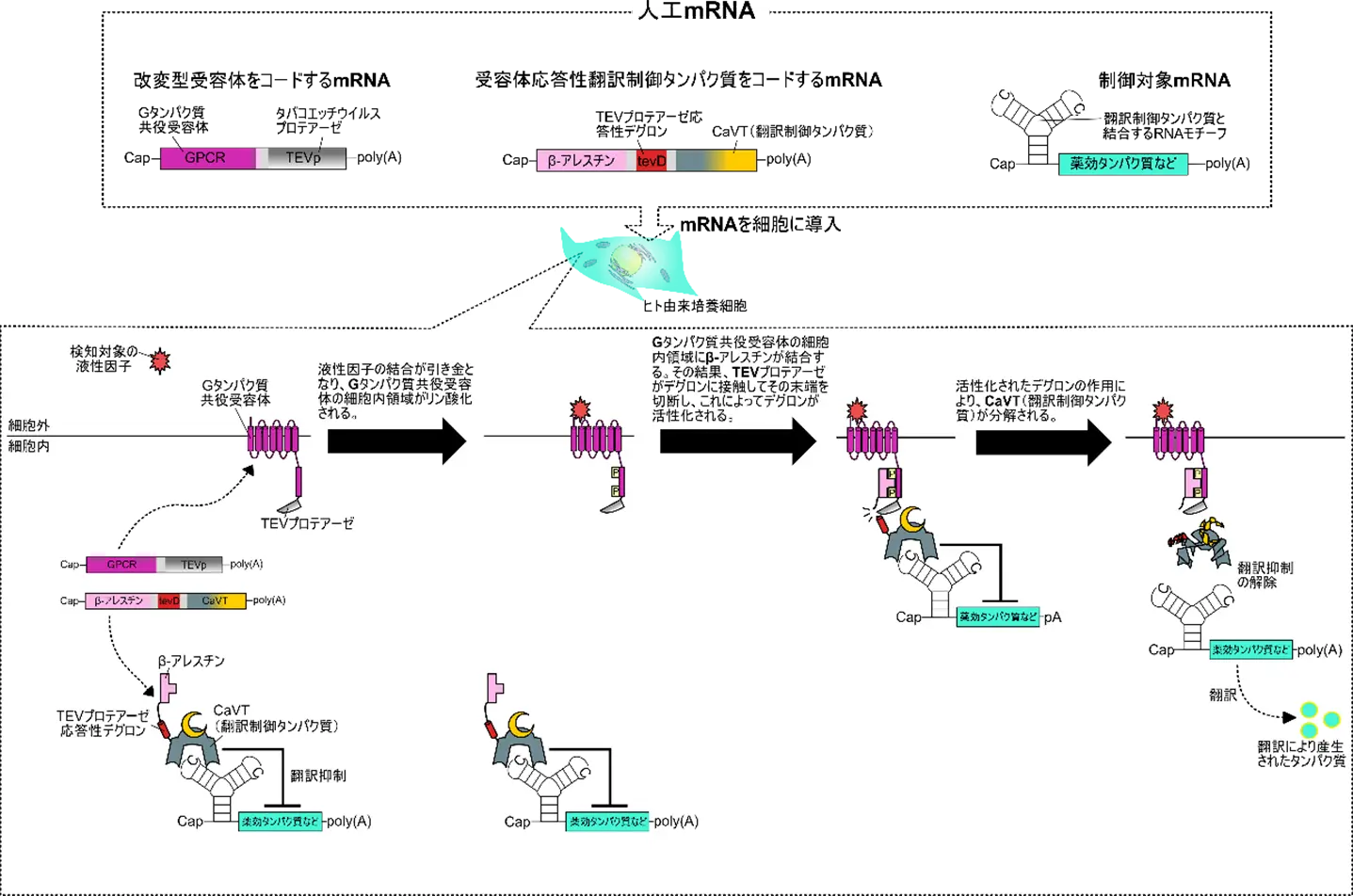2025-06-09 早稲田大学

図1.本研究の実験デザイン 正常な幼鳥は先生Bを選択しがちであった。
<関連情報>
- https://www.waseda.jp/inst/research/news/81035
- https://www.jneurosci.org/content/early/2025/05/01/JNEUROSCI.2435-24.2025
扁桃体はキンカチョウの選択的音声模倣の社会的動機を制御する Amygdala regulates social motivation for selective vocal imitation in zebra finches
Research Articles, and Masashi Tanaka
The Journal of Neuroscience Published May 26, 2025
DOI:https://doi.org/10.1523/JNEUROSCI.2435-24.2025
Abstract
Imitation plays a key role in the acquisition of speech and cultural behaviors. Studies suggest that social interaction facilitates imitative learning, indicating that neural circuits involved in social behaviors can also influence the process of imitation. Vocal imitation in juvenile songbirds serves as a valuable model to investigate this idea. Here, we explore the mechanisms of tutor-pupil social interaction and selective song learning in male zebra finches, with a particular focus on the amygdala, which can regulate social behaviors via its processing of values and emotions in mammals. When sequentially exposed to two tutors, normal pupils selectively learned song from the tutor who sang longer but less frequently. When hearing songs, pupils preferentially approached the selected tutor. Excitotoxic lesions of the amygdala increased pupils’ social motivation toward tutors yet diminished their song-responsive approach, especially to the selected tutor. Whereas the pupils with amygdala lesions retained their ability to imitate song, the tutor selection became more unpredictable with diminished preference for a specific tutor. Neuronal tracing confirmed that the zebra finch amygdala is connected to the circuits involved in social functions but lacks direct connections to those critical for song control and learning. These results suggest that the amygdala regulates social motivation and tutor selection in juvenile zebra finches, highlighting its role in imitative learning.
Significance Statement Social interaction plays a critical role in imitation, particularly in the acquisition of speech and cultural behaviors like dance and song. Although studies in rodents indicate the involvement of the amygdala in social behaviors and social learning, the mechanisms coordinating social behaviors and imitative learning remain poorly understood. Vocal imitation in juvenile songbirds is an ideal model to investigate such mechanisms. Here, we report that lesioning the amygdala in juvenile zebra finches increases overall social motivation but disrupts selective song learning and their preferential approach to the selected tutor. These findings provide new insights into the social function of the amygdala in imitation.


